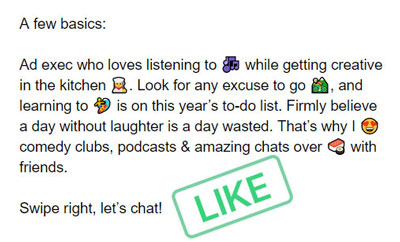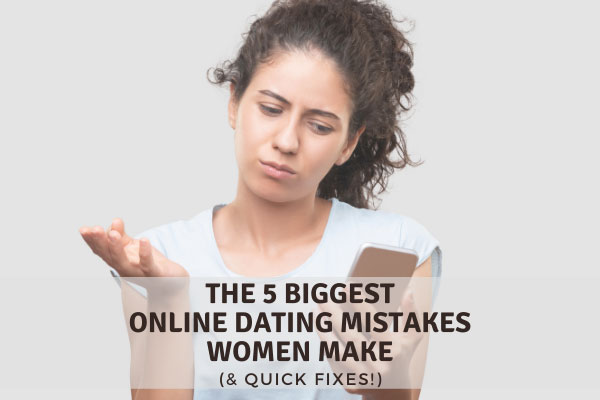
Introduction
Overview of Dating Apps
In recent years, dating apps have transformed the landscape of romantic connections. Gone are the days when people relied solely on traditional methods, such as blind dates or meeting at social gatherings. Now, a swipe here and a match there can lead to a potential partner, all from the comfort of one’s smartphone.
Dating apps have become incredibly popular due to their accessibility and convenience. With an overwhelming number of options available, users can choose platforms that cater to their preferences – whether it’s casual dating, serious relationships, or even niche interests. For instance, apps like Tinder are synonymous with quick matches, while platforms like eHarmony focus on long-term compatibility.
Purpose of Dating Apps
So, what drives individuals to hop on these digital matchmaking platforms? The purposes can vary widely, but a few common themes emerge:
- Convenience: Users can meet new people anytime, anywhere, eliminating geographical barriers.
- Diverse Choices: Users can connect with individuals they might never encounter in their everyday lives.
- Personalization: Many apps offer advanced algorithms to match users based on interests and relationship goals.
Ultimately, dating apps serve as a bridge to new relationships, helping individuals find companionship and love in an increasingly fast-paced world. Whether you’re seeking a quick fling or a lifelong partner, these apps are designed to cater to diverse dating needs.

Lack of Profile Authenticity
Using Inaccurate Photos
One of the most glaring issues with dating apps is the lack of profile authenticity, often starting with the photos users choose to display. Many individuals opt for pictures that don’t accurately represent them, leading to expectations that don’t align with reality.
For instance, someone might post a heavily edited selfie from five years ago, and when a match finally meets in person, the reaction may be one of disappointment. This phenomenon has even inspired memes and jokes about the “first date shock.”
Some common pitfalls include:
- Using Group Photos: This makes it hard to identify the person and can be misleading.
- Overly Edited Images: Filters may enhance attractiveness, but they create unrealistic standards.
- Distant Shots: Photos taken from far away can obscure features and ages.
False Information in Bio
Equally troubling is the prevalence of misleading bios. It’s not uncommon for users to embellish or fabricate details about themselves to seem more appealing.
Some frequent inaccuracies include:
- Age Misrepresentation: Claiming to be younger or older than one truly is.
- Occupation Exaggeration: Inflating job titles or professional achievements.
- Hobbies and Interests: Listing activities one doesn’t actually enjoy just to attract more matches.
These discrepancies can create a shaky foundation for any budding relationship. When the truth eventually surfaces, it can lead to hurt feelings and mistrust, undermining the potential for meaningful connections. Authenticity is key to successful dating—both online and off.
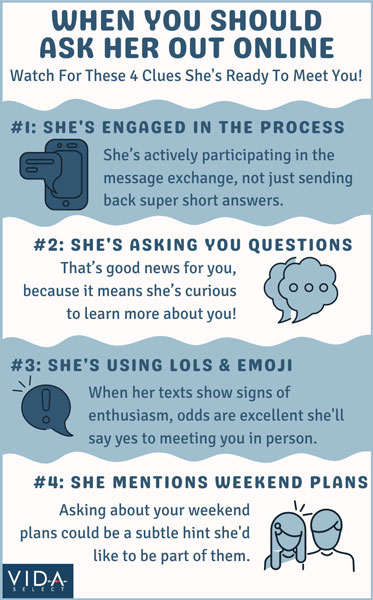
Poor Communication Etiquette
Overuse of Emojis
While emojis can definitely add a playful touch to conversations, an overabundance of them can dilute the message and lead to confusion. Picture this: you match with someone who responds to every text with an avalanche of emojis—smiling faces, heart eyes, and fire symbols. While it may seem fun at first, the lack of substantive conversation can become overwhelming and leave you guessing about their true feelings.
Some potential downsides of emoji overuse include:
- Misunderstandings: What one person sees as a laughing emoji might be interpreted differently by the recipient.
- Surface-level Communication: Relying on emojis can prevent deeper discussions from forming.
- Lack of Clarity: Important points can get lost in a sea of playful images.
Ignoring Messages
Another pressing issue in online dating is the tendency to ignore messages. Many users treat conversations like a revolving door, responding to some and leaving others unanswered. This behavior can be incredibly frustrating, especially when genuine effort is made to initiate a discussion.
The consequences of ignoring messages can manifest in various ways:
- Feelings of Rejection: It can easily lead to feelings of inadequacy or self-doubt for the sender.
- Wasted Time: When one party has invested time crafting an engaging message, it’s disheartening to receive radio silence in return.
- Missed Connections: A simple lack of response can close the door to potentially rewarding relationships.
Effective communication is crucial for building rapport, and addressing these issues would undoubtedly enhance the online dating experience for everyone involved.
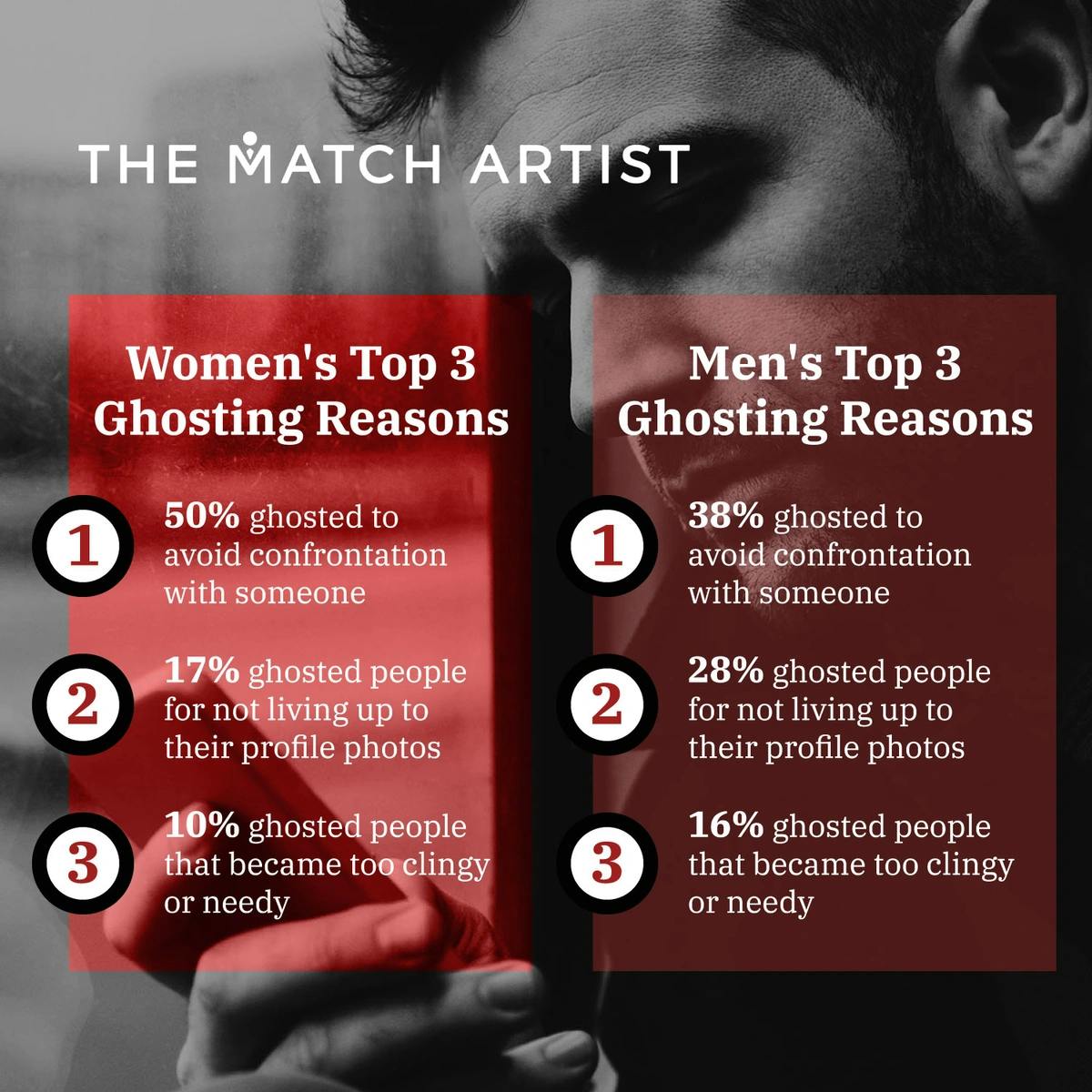
Rushing Into Relationships
Moving Too Fast
In the fast-paced world of dating apps, many individuals find themselves caught in the excitement of a new connection and rush into relationships before fully understanding their compatibility. It’s easy to get swept up in the moment, particularly when there’s a spark or chemistry present.
However, moving too quickly can often lead to turbulent waters. Consider this: a couple might go from chatting to planning a weekend getaway within days, only to discover that they haven’t even had a serious conversation about priorities or past experiences.
Some pitfalls of moving too fast include:
- Lack of Stability: Jumping straight into commitments can cause emotional upheaval if things don’t work out.
- Overlooking Red Flags: When blinded by infatuation, one may miss critical warning signs that indicate potential problems.
- Pressure to Perform: The faster the pace, the more pressure there is to maintain excitement, which can lead to exhaustion.
Neglecting to Establish Boundaries
In their eagerness, many overlook the necessity of establishing healthy boundaries. This aspect is vital for a successful relationship but often ends up on the back burner when things heat up quickly.
Without clear boundaries, the relationship can become muddled and chaotic. Some common issues include:
- Invasion of Personal Space: Moving too fast might lead to one partner encroaching on personal time or space without consent.
- Overlapping Friendships: When two people dive in headfirst, they may start introducing each other to friends prematurely, causing pressure to merge lives too soon.
- Diminished Independence: Rapid relationships can smother individuality, making both parties feel suffocated.
By taking the time to establish clear boundaries and pacing the relationship, individuals can foster an environment of trust and respect, leading to healthier, long-lasting connections.
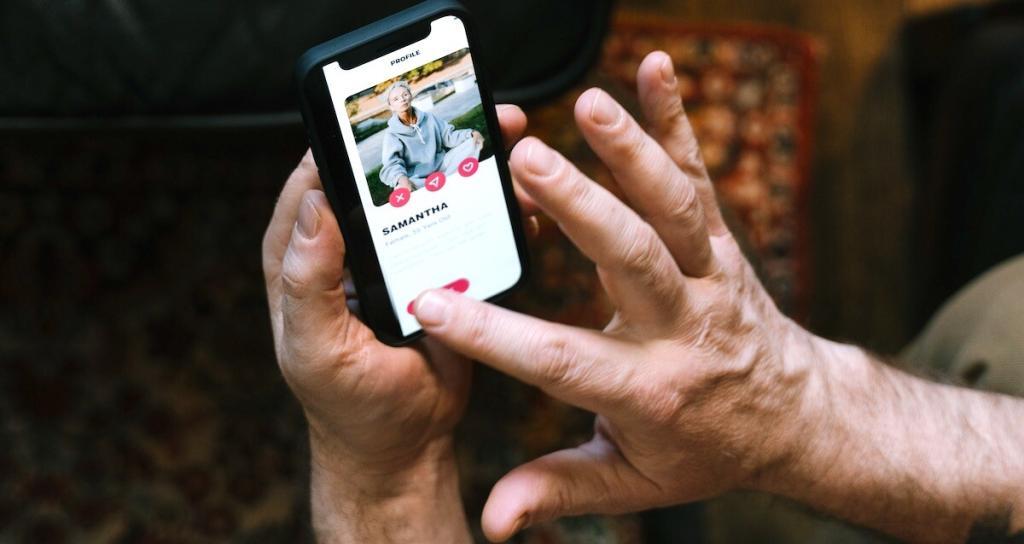
Ignoring Red Flags
Disregarding Inconsistent Behavior
In the journey of online dating, one of the most pivotal aspects to be mindful of is recognizing red flags. Unfortunately, many individuals become so enamored with their initial attraction that they overlook inconsistent behavior. It’s all too common for someone to start out charming and attentive, only to shift to erratic communication patterns or unpredictable moods.
For instance, consider someone who initially texts regularly and engages deeply in conversations but suddenly goes radio silent for days. When they finally respond, they might offer vague explanations, leaving you feeling confused and concerned. Ignoring these inconsistent behaviors can lead to larger issues down the road.
Some signs to watch out for include:
- Mood Swings: Changes in tone or frequency of messages can indicate underlying issues.
- Mixed Signals: Encouraging messages followed by cold responses can create unnecessary emotional turmoil.
- Changing Stories: If someone frequently updates their tale or details about their life, it may raise eyebrows.
Minimizing Warning Signs
Equally concerning is the tendency to minimize clear warning signs. This often happens when individuals brush off concerning behaviors as simply “quirks” or “bad days.” A classic scenario might involve a date who displays jealousy over minimal interactions with others, yet you convince yourself that it’s just a byproduct of being protective.
However, it’s crucial to acknowledge that minimizing warning signs can lead to unhealthy dynamics in a relationship. Some common behaviors that may be downplayed include:
- Controlling Behavior: Dismissing possessiveness as caring can lead to a toxic environment.
- Disrespectful Comments: Overlooking derogatory remarks might normalize unhealthy communication patterns.
- Inability to Handle Conflict: Rationalizing defensive responses during disagreements can perpetuate avoidance rather than resolution.
Being honest with oneself about these red flags is essential. By recognizing and addressing them early, individuals can steer clear of unhealthy or potentially dangerous relationships, paving the way instead for connections built on mutual respect and genuine understanding.
